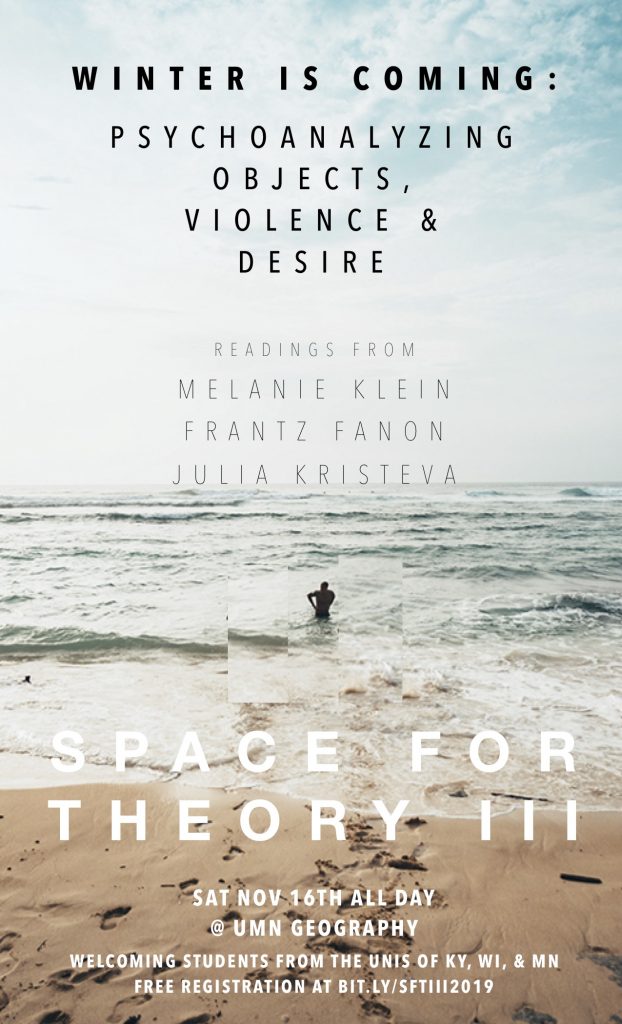If All Dating Apps Are Based on Grindr, We Need to Talk about Cruising (Part I of III)
The first successful straight and lesbian dating apps emerged in the 2010s, including Tinder and HER. Widely known but woefully underexamined, these apps based their designs on, or even against, the first successful dating/hookup app: Grindr. In other words, developers imitated, refused, or even outright copied design, functionality, and structure to sell apps to straight people, lesbians, and other gay men (as the identity grouping went a decade ago, per big tech). Most importantly for my interest in lesbian, bi, queer, trans*, and sapphic (LBQT*S+) people’s experiences of dating and hookup apps, this evolution of dating apps from Grindr requires us to understand that all dating apps are based on—even by being designed alongside or against—the social and cultural hookup/dating norms of an app designed for, by, and about cis gay men, e.g. cruising.
In other words, this means that all dating apps are created from and/or against the …



